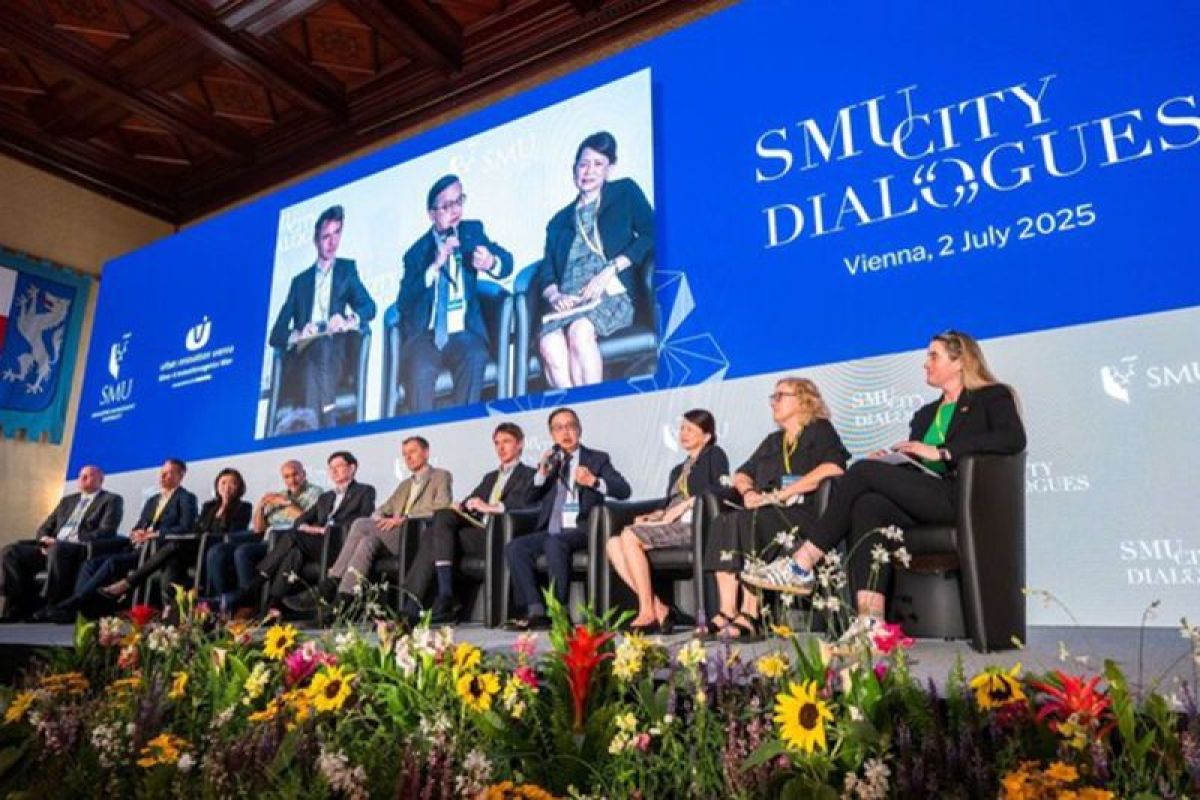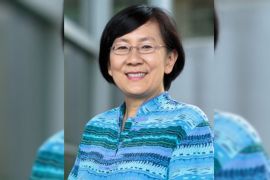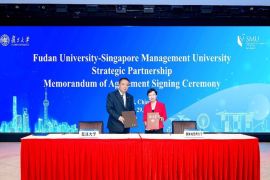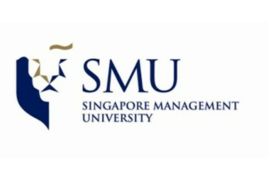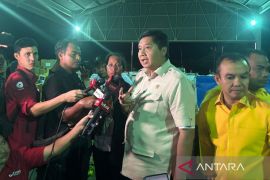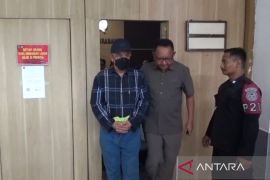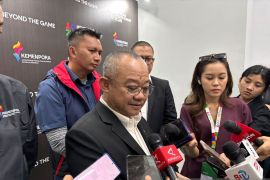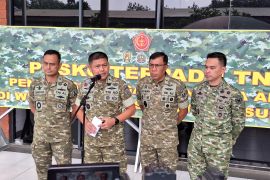
Left to right: SMU Professor Winston Chow; UIV Dr Johannes Lutter; SMU Professor Orlando Woods (Photo credit: Singapore Management University)
City Dialogues Vienna welcomed over 100 attendees from 20 countries; with representation from more than 20 universities and over 30 private and public organisations – a testament to the diversity and dynamism of our global community, and the urgency and relevance of the dialogue topic of urban resilience.
The event opened with a welcome address by SMU Provost, Professor Alan Chan, followed by remarks from Mr Melvyn Ong, Permanent Secretary (Development) at the Ministry of National Development, Republic of Singapore. The keynote address was delivered by Mr Jürgen Czernohorszky, Executive City Councillor for Climate, Environment, Democracy and Personnel of the City of Vienna.
Centered around the guiding question "What is the value of urban resilience?", the event brought together urban leaders, policymakers and academics from Europe, Asia and beyond to exchange actionable insights towards resilient, inclusive and future-ready cities.
The programme featured three thematic tracks, each addressing a core dimension of urban resilience:
- Finance and Public-Private Partnerships
- Social Equity and Environmental Sustainability
- Innovation and Technology
Professor Winston Chow , Co-Chair of the IPCC Working Group II and Professor of Urban Climate at SMU, said, "Resilience isn't just about surviving, it's about thriving. We need to align financial systems with social goals, build trust through good governance, and empower communities to shape their own future."
Prof Chow also cautioned against over-reliance on public-private partnerships, noting that "public-private partnerships can be powerful tools, but they are not universal solutions. They require competent, stable governments, extensive due diligence and clear alignment of interest."
SMU Professor of Geography Orlando Woods, who is also Director of the SMU Urban Institute, reflected on the limitations of digital solutions in addressing complex urban challenges. While his group was tasked with exploring innovation and technology, much of the discussion shifted toward the structural problems that technology alone cannot resolve.
"It's not about being a smart city. It's about being a smart enough city. Smart enough relative to the context, the specific problem we are trying to solve with the technology that we have." He emphasised that overreliance on data and digital tools often leads to oversimplified responses, while masking deeper systemic issues like inequality, mental health, or infrastructural neglect.
Dr Johannes Lutter Senior Urban Planner at Urban Innovation Vienna, outlined three key messages on how resilience can be made more socially inclusive and locally grounded. "Given our limited resources, it is essential that we take targeted action—focusing in particular on those who are most vulnerable. To do so effectively, we must have a clear understanding of who is at risk."
"We must restore agency to communities—not by shifting responsibility onto them and stepping back, but by fostering a structured dialogue between governments and communities, ensuring genuine collaboration between public institutions and the people they serve," he added.
About SMU City Dialogues
Initiated in 2019 by Singapore Management University, the City Dialogues series fosters candid exchange among policymakers, academics and business leaders. It aims to generate actionable recommendations for sustainable and inclusive urban development. Previous editions held in Singapore and Bangkok successfully brought together leaders from government, industry, and academia to engage in honest, action-oriented conversations. City Dialogues | City Perspectives

Source: Singapore Management University
Reporter: PR Wire
Editor: PR Wire
Copyright © ANTARA 2025
